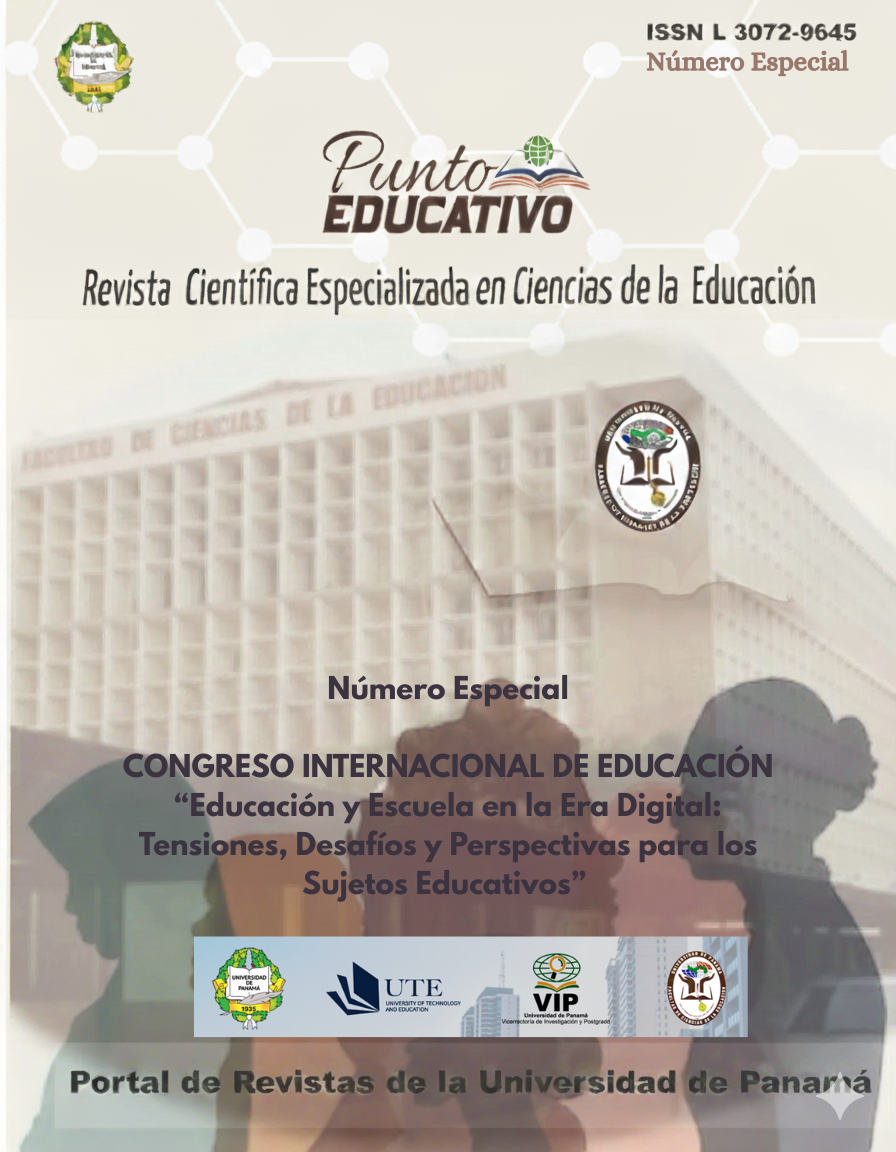

Copyright (c) 2025 Punto educativo

This work is licensed under a Creative Commons Attribution-NonCommercial-ShareAlike 4.0 International License.
This comparative education study focuses on the confrontation between collaborative learning and service-learning models in the context of inclusive education, using a bibliometric review of internationally relevant articles. It should be noted that Colombia has legislation, such as Law 2216 of June 2022, that promotes inclusive education, guaranteeing the right to quality education for all, including those with specific learning disorders.
Specific learning disorder is defined as the difficulties faced by students in receiving, processing, and memorizing information, affecting their school performance. In the first cycles of primary education, insufficiencies in mathematics are frequently observed, as a result of a specific learning disorder known as dyscalculia, however, it should be noted that inclusion, although a positive concept, is often implemented in an exclusionary way, which reflects a lack of attention to the needs of vulnerable students. Education in the twenty-first century requires the development of competencies at all levels, allowing people with disabilities to take advantage of their potential.
Service learning, influenced by thinkers such as Boyer and Dewey, is presented as a methodology that connects education with the community, encouraging creativity and reflection on experience. Finally, in the pedagogical model of collaborative work according to Vygotsky in his concept of zone of proximal development, what a child does with the help of peers leads him later to develop his activities autonomously, demonstrating his competencies.